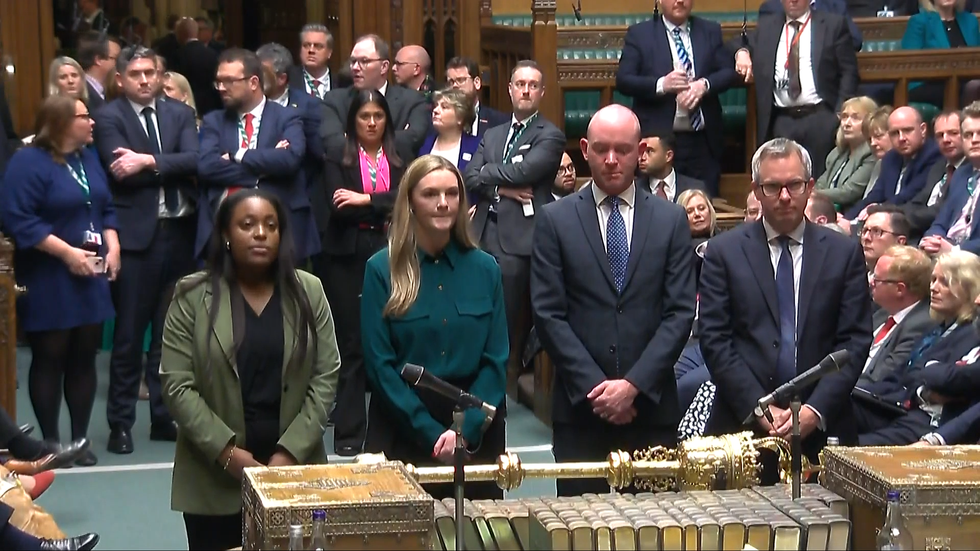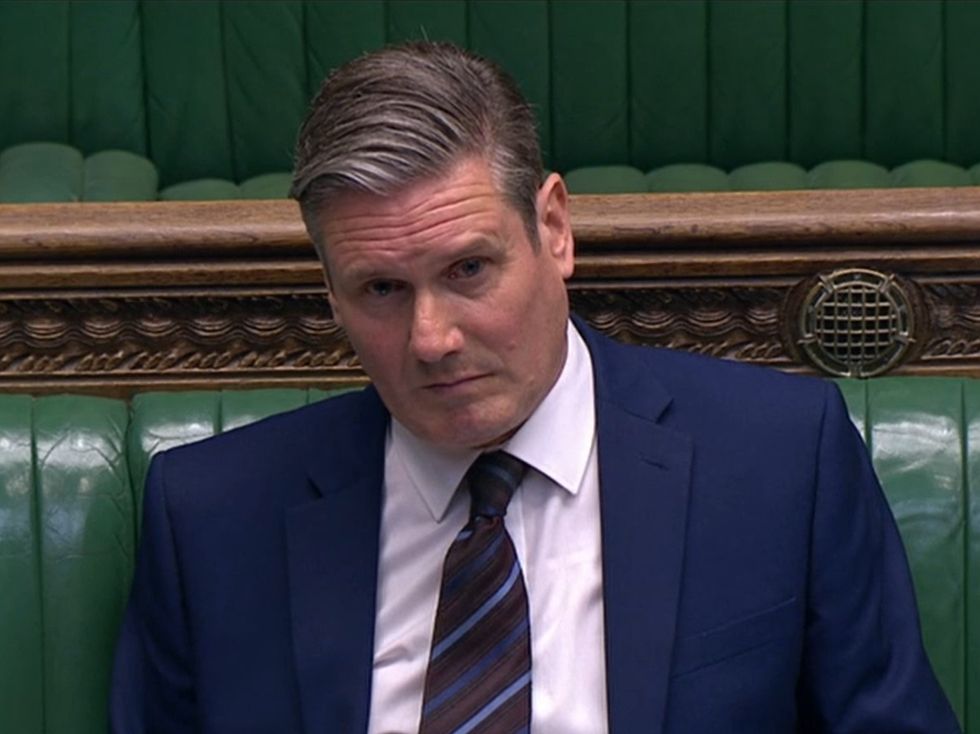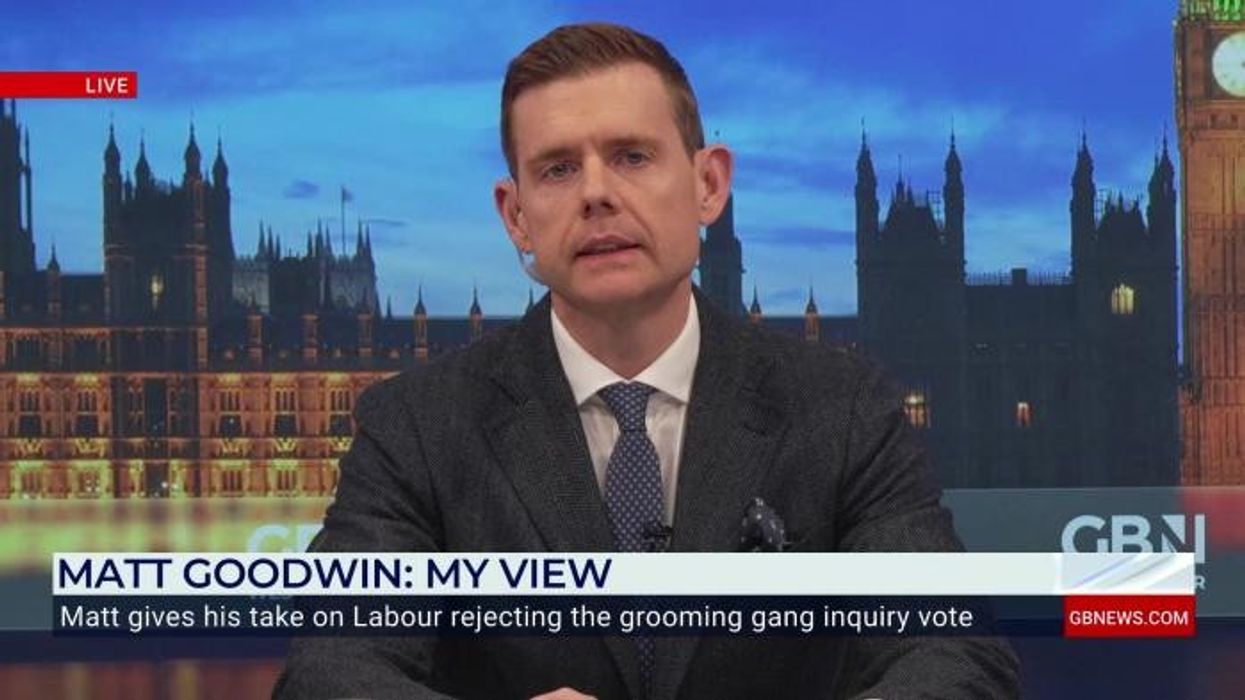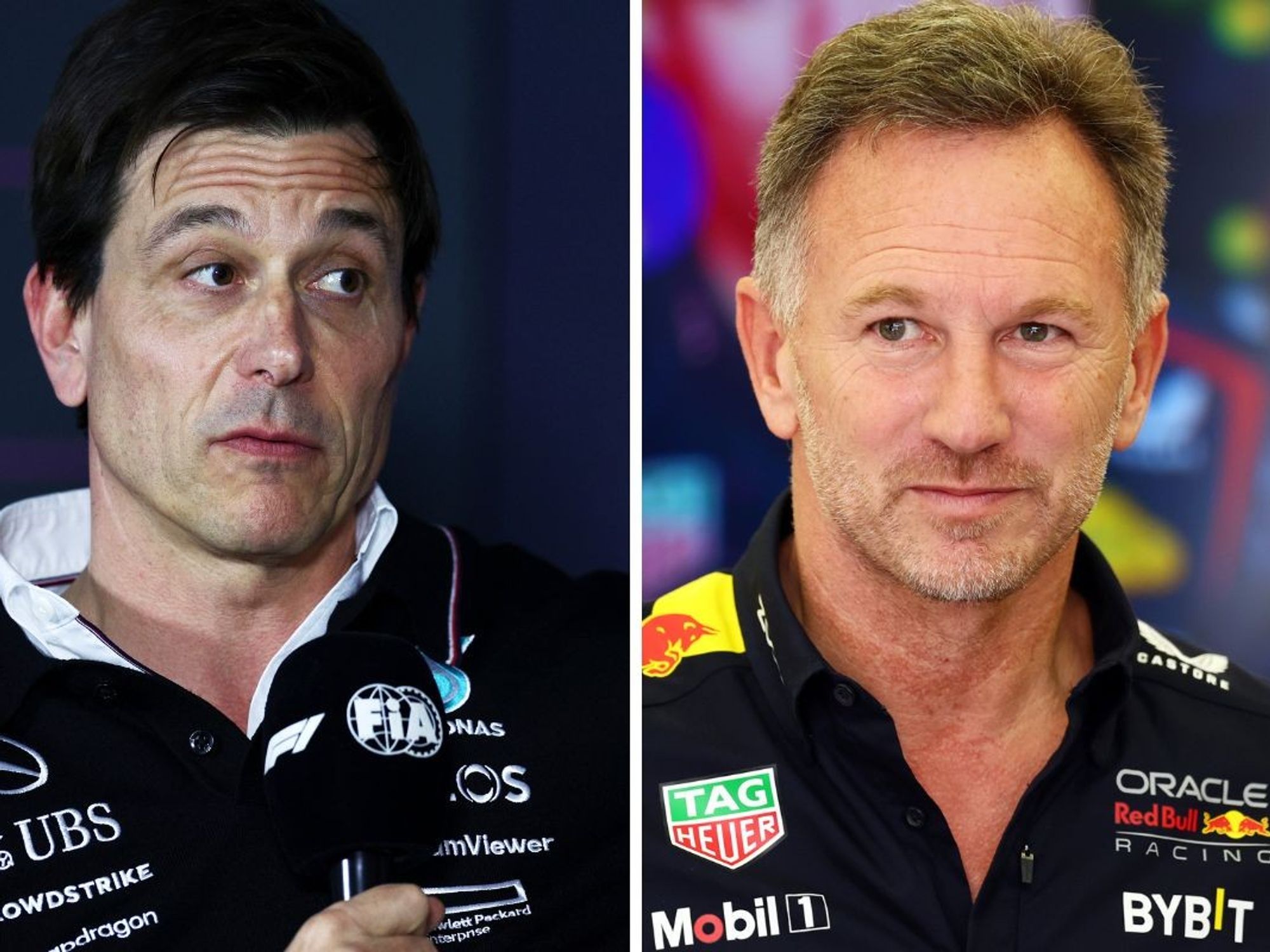Why did Starmer and his top brass abstain from voting on grooming gangs inquiry? Inside the 'calculated' move

The amendment was voted down by a significant margin in the Commons, with 364 MPs voting against it. But why did senior cabinet ministers abstain? We investigate
Don't Miss
Most Read
Labour MPs rejected a national inquiry into the historic grooming gangs scandal on Wednesday night.
The amendment was voted down by a significant margin in the Commons, with 364 MPs voting against it and 111 in favour, resulting in a majority of 253 against establishing the inquiry.
The vote was largely symbolic, aimed at pressuring the Labour Government after X owner Elon Musk hounded Sir Keir Starmer over his record on handling the grooming scandals.
The amendment, tabled by Conservative leader Kemi Badenoch, was part of a broader motion that, if passed, would have prevented the Children's Wellbeing and Schools Bill from moving forward, effectively killing its progress. The Bill itself aimed at reforming the children's care system and raising educational standards in schools.
The decision to block a national inquiry into the rape and trafficking of white working-class girls sparked an outcry from the opposition, with Reform Leader Nigel Farage branding it "out of touch" and a "total denial" of the seriousness and scale of the abuses.
Revealingly, no Labour MPs supported the amendment, and most senior cabinet ministers abstained.
These included:
- Keir Starmer
- Angela Rayner
- Rachel Reeves (Chancellor of the Exchequer)
- David Lammy (Foreign Secretary)
- Ed Miliband (Secretary of State for Climate Change and Net Zero)
- Wes Streeting (Secretary of State for Health and Social Care)
But why did they abstain? The intentions behind the move have divided opinion.

While no Labour MPs supported the amendment, most cabinet ministers abstained
|GB News
"In controversial issues like this, abstaining can be a calculated move to keep one's political options open, especially when the vote's outcome is predictable due to the party's majority," suggested Doctor Hannah White, Director of the Institute for Government.
TV presenter Mike Graham echoed this point, noting that a "neutral" stance gives Starmer and his allies some wriggle room if the crisis deepens.
There might also be an underlying concern about potential backlash from communities or groups sensitive to the implications of such an inquiry.
In 2024, the 32 constituencies with the highest Muslim populations saw a Labour MP voted into Parliament.
"The fear of being labelled with accusations of racial bias or insensitivity could drive political leaders to abstain, especially in a climate where public opinion on race and crime is highly charged," noted Professor Alexandra Kelso, a political scientist at the University of Southampton.
There's also the consideration of the legislative impact. The amendment was attached to a broader bill, meaning its passage would have killed the legislation, which includes measures aimed at child protection.
Abstaining might be a way to ensure that this critical bill passes without amendment, focusing on immediate legislative action rather than further inquiries.
LATEST MEMBERSHIP DEVELOPMENTS

Stamer might have been concerned about potential backlash from communities whose vote he depends on
| PABritain's favourite elections guru is more sympathetic to this way of thinking.
"Abstaining from such votes can be about prioritising current legislative agendas over potentially divisive inquiries that might not lead to immediate action," said Sir John Curtice, Professor of Politics at the University of Strathclyde.
Whatever the reasoning, the Government has taken heat over its decision to block the inquiry.
Ahead of the vote, Badenoch argued that the public would start to "worry about a cover-up" if the Prime Minister resisted calls for a national inquiry.
She highlighted the lack of a specific focus on grooming gangs in previous inquiries and suggested that a new inquiry could explore "if there was a racial and cultural motivation to some of these crimes".
The shadow home secretary accused Labour of "cowardice", saying: "It is disgusting that Keir Starmer has used his supermajority in Parliament to block a national inquiry into the rape gangs scandal."
Musk accused Starmer of being "complicit in the rape of Britain" and suggested that the refusal of an inquiry was to protect Starmer from scrutiny related to his time as Director of Public Prosecutions (DPP).











